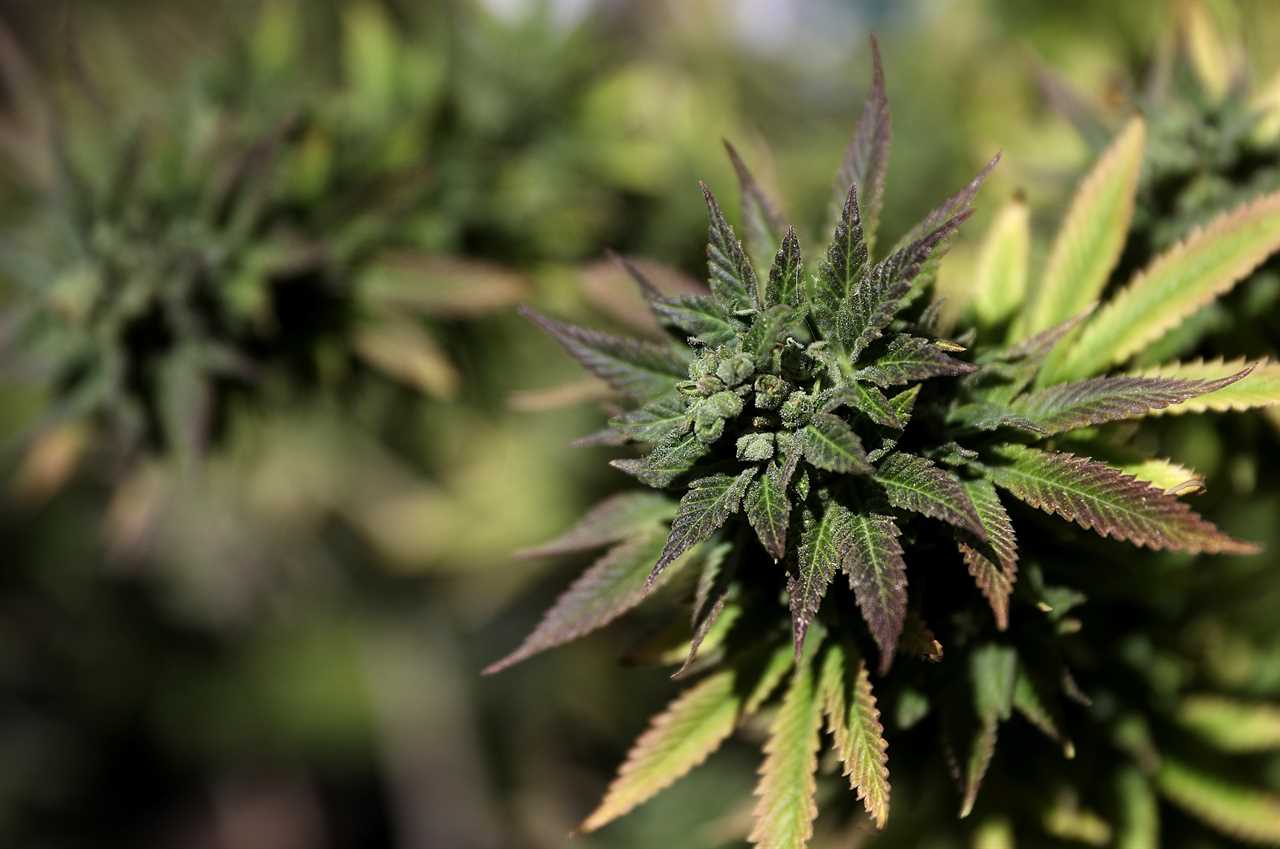
Smoking weed may no longer be the only potential impediment to getting a job with security clearance in the Biden administration. Investing in cannabis companies could now trip up applicants, too.
The Biden administration has expanded its employee conduct guidelines to potentially deny security clearance to individuals who have invested in companies that are involved in the marijuana business, according to an internal executive branch presentation shared with POLITICO.
“Eligibility may be negatively impacted if an individual knowingly and directly invests in stocks or business ventures that specifically pertain to marijuana growers and retailers,” according to the document. “Decisions to willfully invest in such activity could reflect questionable judgment and an unwillingness to comply with laws, rules, and regulations.”
The recently updated guidance is the latest illustration of the federal government trying to grapple with its cannabis-related HR policies as the product has become an accepted legal business, medication and recreational substance in states across the country. All told, 37 states, the District of Columbia and some territories have legalized cannabis for medical or recreational use.
The White House has adopted a more forgiving posture than its predecessors. Early on in his tenure, President Joe Biden issued a memo that stated prior marijuana use would not automatically disqualify applicants — the most lenient policy of any administration since before President Ronald Reagan.
But he hasn’t been altogether forgiving. Last year, the White House did fire some employees and rescinded employment offers due to prior marijuana use in the early days of the administration. According to the internal presentation, the White House has not changed its position, despite calls from House Democrats to do so.
The growth of the weed industry has presented additional complications. The new “clarifying guidance” was presented in a memo to agency heads in December from Avril Haines, the director of national intelligence, as GovExec reported in January. The presentation noted that any marijuana-related investment “through a diversified mutual fund that is publicly-traded on a U.S. exchange” should be presumed to have been made unwittingly. At the same time, the presentation ended with a warning graphic that states: "NOT KNOWING IS NOT AN EXCUSE." The new guidance also states that “divestment or disassociation of willful, direct investment in such activities should be considered a mitigating factor.”
As the guidance has worked its way across the sprawling executive branch, it has annoyed some members of the Biden administration who think the rules are antiquated.
Additional scrutiny of marijuana investment is not new for the federal government. Under the Trump administration, the U.S. barred some Canadian citizens from entering the country for investing or planning to invest directly in marijuana companies. Private investment is the primary source of capital for the marijuana industry, as it largely cannot access bank loans due to its federal illegality.
What isn’t clear, however, are which marijuana stocks the White House is referring to. American marijuana companies are not traded on U.S. exchanges, because they are not federally legal companies. Instead, U.S.-based marijuana companies trade on the Canadian securities exchange, a lower–tier stock exchange in a country where cannabis is federally legal. Any cannabis companies traded on U.S. exchanges are either selling only legal CBD products or are manufacturing and selling marijuana in a country where it is federally legal, like Canada. The White House and the Office of the Director of National Intelligence declined to clarify this language.
As such, the issuance of the new guidance could suggest that the White House is gearing up for the further normalization of the business of cannabis and that they’re looking to ensure that conflicts of interests do not exist should the federal government begin the complex process of additional regulation.
Asked about the new policy, a spokesperson for ODNI told POLITICO that, “Increased legalization of marijuana use at state and local levels has prompted questions on how the federal government treats an individual’s involvement with marijuana.” The spokesperson added: “The December 21, 2021 memo … provides clarifying guidance to federal agencies charged with determining such eligibility.”
In modernizing their language, though, the White House risks sending contradictory messages. The guidance says that not knowing the rules is “not an excuse,” but also that adjudicators should “consider whether an individual is knowingly facilitating violations of the Controlled Substances Act.”
Cannabis activists have often referred to Biden as being “behind the times” on cannabis policy. Sixty-eight percent of all Americans — including 83 percent of Democrats — support federal marijuana legalization, according to Gallup. But in 2020, Biden didn’t join his Democratic primary challengers in committing to legalize marijuana nationwide, instead only saying that no one should be in jail for using marijuana, and promising to make medical marijuana research easier to conduct.
----------------------------------------
By: Alex Thompson and Natalie Fertig
Title: Biden admin to applicants: Maybe don’t invest in weed companies
Sourced From: www.politico.com/news/2022/03/02/white-house-applicants-weed-companies-00013390
Published Date: Wed, 02 Mar 2022 19:00:00 EST
Did you miss our previous article...
https://consumernewsnetwork.com/politics-us/social-media-is-at-war






